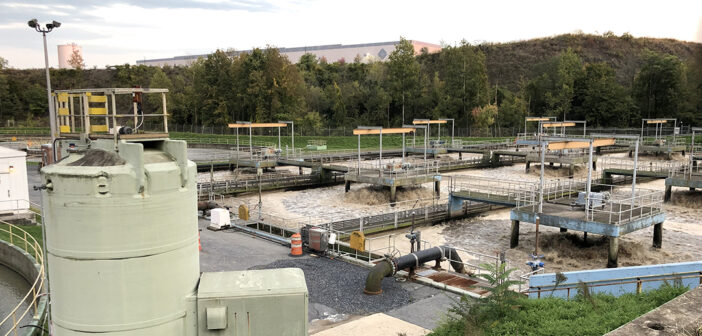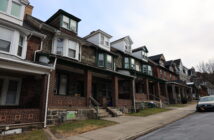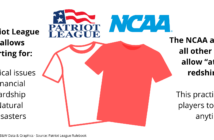Lehigh is conducting a research project with Bethlehem to test the relationship between COVID-19 RNA, wastewater and community health data, Matthew Glose, executive assistant at Lehigh Facilities, said in an email.
The goal of the project is to test wastewater from various locations to see if there are any traces of COVID. The testing began in August 2020 and will conclude in May 2021, said Kristen Jellison, a Lehigh civil and environmental engineering professor assisting in leading the research project.
Glose said wasterwater will be tested from various academic buildings, residence halls and the Health Center, in addition to wastewater from the Bethlehem treatment plant.
Other schools, such as Utah State University and the New Jersey Institute of Technology, have already begun testing wastewater for COVID-19. At these schools, all students living in dorms that had traces of COVID in the wastewater were put under mandatory quarantine.
Jellison said Lehigh isn’t asking for the research data or developing a plan of action based on the research results, but she would be willing to share the information with the university in the future if needed.
“We are happy to share data with the university, and we certainly will if we see concerning trends,” Jellison said. “It’s unclear what, if anything, the university will choose to do with that information.”
Provost Nathan Urban said there are challenges associated with the project.
Still, it’s something he’s looking at as another potential tool to keep the campus healthy.
“It’s not clear to me exactly how successful (testing the wastewater) has been,” Urban said. “It turns out tapping into our sewer system in ways that are specific to particular dorms is a bit of a challenge given the age of the infrastructure, so finding the right place to go and sample from is a challenge.”
Hadley Webster, ‘22, who lives in SouthSide Commons, said she thinks that the method of quarantining entire buildings that were flagged, like other schools have done, wouldn’t be effective if put into place on Lehigh’s campus.
“I feel like that would cause a lot of backlash from students, particularly, who don’t appreciate or agree with Lehigh imposing a quarantine on them,” Webster said.
Ryan Staropoli, ‘23, who plays on Lehigh’s baseball team, had similar concerns about students following Lehigh’s orders if a full-building quarantine did go into effect.
“You don’t know if those kids would stay in the dorm or not,” Staropoli said. “Can you enforce them to stay in the dorm is the question. You don’t know if they have coronavirus or not so you’re pretty much forcing all of the students who may or may not have coronavirus to stay in the dorm because of maybe one person.”
Jellison said, however, there isn’t a way to test wastewater from one specific floor of a building, or even just one building with the sampling scheme being used.
Webster said if testing the wastewater is “proven to accurately test” for COVID-19, it’s something “that should be pursued.”
The research project has garnered particular attention from Staropoli, who said he is in support of any kind of COVID testing that can be put into place if it leaves a better chance of the baseball team getting to have a season in the spring.
“At all costs, we want to play, so especially as an athlete looking at things that are going to help us get away from this, at all costs we want to find a way to get through this,” Staropoli said. “And if testing the water is going to help, then it’s definitely something I think they should put in.”
Tim Lunger, ‘24, a first-year living in Lower Cents, feels differently.
“I feel like it wouldn’t be that effective,” Lunger said. “I don’t know how well that would work.”
Jellison said the wastewater testing method has proven to be quite effective in the past. Wastewater monitoring has helped with early warnings of infectious diseases including polio, Hepatitis A and E, and the norovirus known for causing the stomach bug, Jellison said.
Lunger said while he thinks wastewater testing would make students feel better, he thinks simply doing more swab tests would be a better way to go.
Webster said because she is a fully remote student living in Southside Commons, she didn’t have to get a COVID test before coming back to South Bethlehem — a point of concern for some students in her situation.
“I try to be as safe as I can, so I feel good about the way I’ve handled being at school, but I know there are plenty of other people who haven’t been as safe,” Webster said. “So I think any precautionary measures are a good thing, period.”






Comment policy
Comments posted to The Brown and White website are reviewed by a moderator before being approved. Incendiary speech or harassing language, including comments targeted at individuals, may be deemed unacceptable and not published. Spam and other soliciting will also be declined.
The Brown and White also reserves the right to not publish entirely anonymous comments.